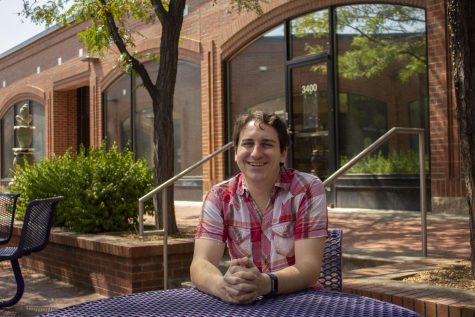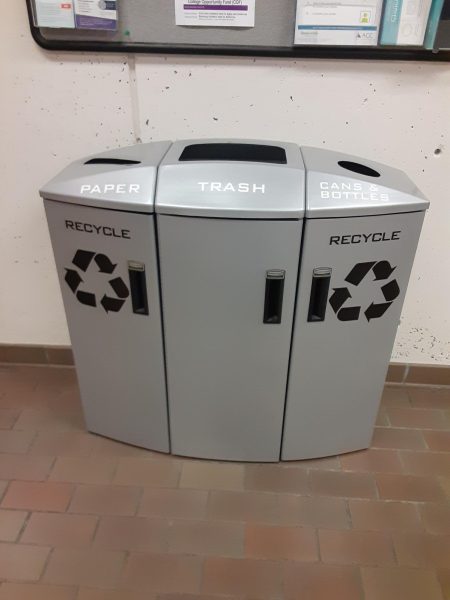How Arapahoe Community Colleges Ensures Success for Its Students with Autism
Image via Image by VSRao from Pixabay.
Development for all children comes with challenges. Some struggle to read while others struggle with numbers. Some children have a hard time making friends while others hate being in crowded rooms. But for children with physical or mental disabilities, these challenges are amplified.
There are many resources to ensure these children’s success during K-12, but what about what comes after? While K-12 lays important foundations on the skills required to survive in today’s world it may feel as though those students with greater aspirations are forgotten about. What are the services provided to students – particularly with autism – that are offered here at Arapahoe Community College?
It is important to keep in mind that autism operates on a spectrum, and some people diagnosed with autism may be so high functioning that they may appear as though they do not have it. Because of this, college and higher education may prove a daunting or deterring task for those autistic students who once succeeded in K-12. Fortunately, ACC offers assistance for those students seeking to pursue higher education.
For those students who do require more help with their assignments or budgeting their time, there are faculty available who can cater to the students’ needs. At this point, as these students are adults and have developed strategies to succeed in K-12, ACC faculty simply helps the student keep their current approach to success and slightly alters it to a college setting. Students using Google Calendar, for example, simply continue to do so.
There were concerns, of course, when ACC was forced to shift to online classes during the COVID-19 lockdown. Students were all susceptible to negative changes by the sudden mandate, such as lowered motivation or an inability to continue due to any troubled transition. Students with autism or other learning disabilities were also at risk.
One of the drawbacks of being a student with autism at ACC is that self-identification is required. “They are adults and we want them to self-advocate,” explained Elisabeth Olson, who has been the Director of Student Access Services at ACC for three years. No documentation is required to receive the basic assistance that ACC offers, as many of the services are the standard services offered to all students such as the writing lab or math center.
Fortunately, even during normal semesters, ACC has a plan in place for when students begin to struggle in their classes. Regardless of whether a student requires extra assistance outside of class or not, all professors are trained to recognize when their students are having issues. Whether or not the student has self-identified as needing greater attention, professors do inform S.A.S. when concerns arise.
This is a simple step that can mean the difference between a passing and failing grade during a normal semester, but amidst the uncertainty brought on by the COVID-19 pandemic, this care demonstrated by professors at ACC is vital, especially to those who may struggle regardless.

Lucas Miller is a student at ACC pursuing a path in journalism. Writing has been a passion of his since his youth, mostly enjoying telling fictional stories set in worlds of his own creation. He has lived half of his life overseas...













